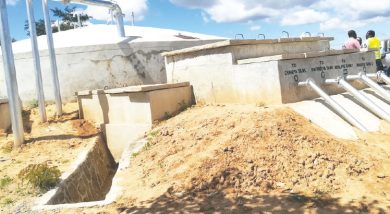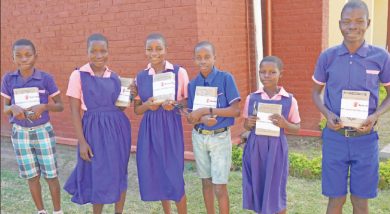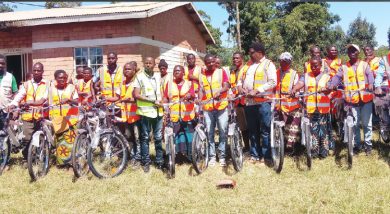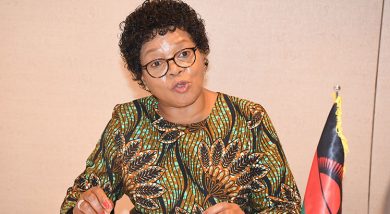Global solidarity against poverty faces test
The Fifth United Nations Conference for Least Developed Countries (LDC5) slated for next month in Doha, Qatar presents a litmus test for global commitments to end poverty, organisers said on Monday.
From March 5 to 9, President Lazarus Chakwera is expected to lead heads of State from the world’s 46 low-income nations in the crunch negotiations with world leaders and international partners to make the Doha Programme of Action work. Malawi will also hand over the chairmanship of the LDCs’ group.
Speaking during a virtual press briefing at the UN Headquarters in New York, Malawi’s permanent ambassador to the UN Agnes Chimbiri Molande said it is an honour for the country to lead the group of 46.
“While the conference was postponed, the ambition of the LDCs was not. The pandemic sent our progress backwards, but not our hunger for progress, development,” she said.
Chimbiri Molande said the countries left behind in the global race for sustainable development have been hit the hardest by Covid-19, climate change, fuel and food shortages, price volatility and conflicts.
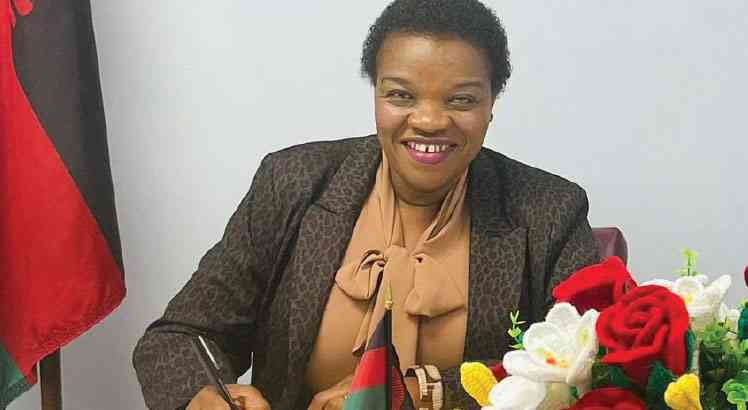
hit the hardest by climate change
“The LDCs struggle to respond adequately. In Doha, we will propose partnerships and pledges to deliver the Doha Plan of Action, a roadmap for the entire international community to help the LDCs strengthen resilience and achieve Sustainable Development Goals,” she said.
The meeting returns two years later than planned due to Covid-19 pandemic.
The 10-year blueprint that Chakwera and other LDC leaders adopted last March seeks to make the low-income economies such as Malawi diversified, vibrant and resilient to shocks by 2031.
The conference marks the 50th anniversary of the category.
Rabab Fatima, the UN high representative for LDCs, said 16 of them are on track to graduate and integrate fully into the global economy.
She urged heads of State and development partners destined for Doha to chart a new way to accelerate sustainable development in countries where international support is needed the most.
The UN envoy ramped up calls for global commitment to overcome structural challenges derailing progress to eradicate poverty and ensure everybody’s potential is met no matter where they are.
“The LDCs have many challenges,” she said. “They play home to about 14 percent of the world population, but they contribute just 1.3 percent of the world’s economic output. Barely half of the people in LDCs have electricity at home and only one in five access the Internet.”
But the LDCs have the untapped potential in terms of both natural and human resources, said Rabab.
She said: “By the end of the decade, one in five babies will be born in the LDCs, the youth are already opening a massive demographic dividend and the number of working age people will reach one billion in the next three decades.
“These young people are extremely entrepreneurial and innovative. We will be meeting some of them in Doha.”
The conference will convene heads of State and UN representatives from all 46 LDCs as well civil society and development partners.


